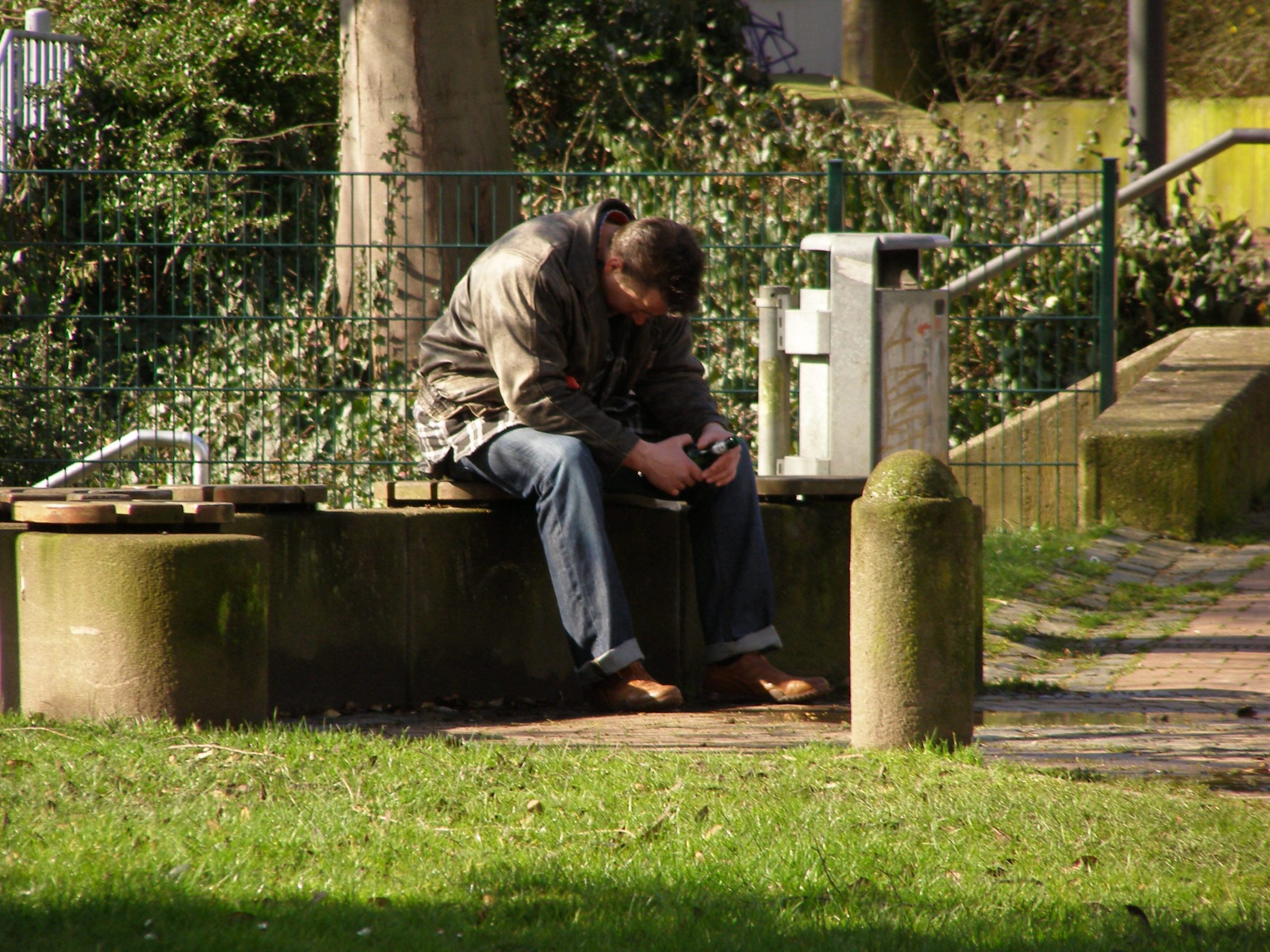Losing your job is a really hard thing to face at any time, whether you saw it coming or not. You likely feel very overwhelmed with thoughts of how you are going to make rent next month or afford groceries next week. But it is important to keep a clear head and act fast to set yourself up for success as soon as possible so you can find new work.
Here are a few important steps that you should take within the first few days to week of your unemployment. They should help stabilize you and get you feeling sane enough to do what you need to do to find a new job.
- First Step: Apply for Unemployment
If you qualify for it, make sure to start filing your unemployment claim on the day you lose your job. You may feel overwhelmed by the whole situation, but it’s worth it to start filing as soon as you can. The process to receive unemployment can sometimes take a few weeks.
- Second Step: Look at What Savings You Have
Take a moment to look at what you have saved. Take inventory of your different accounts and what severance you may have gotten so you know how much you have and how long that might last you. For this type of situation, you can also dip into your emergency fund as losing your job unexpectedly definitely counts as an emergency.
- Third Step: Tighten Your Budget
Now that you have a better idea of what actual cold hard cash you have at your disposal before you are able to obtain a new source of income, you can plan out a tightened budget. Yes, it’s not pleasant, but cutting a few costs out of your budget for the next few months won’t kill you. Temporarily cut out all the expenses that aren’t essential, like subscriptions, gym memberships, cable, coffee, eating out, etc. By tightening the wallet, you ensure that your savings last until you are able to find a new job.
- Forth Step: Look After Your Debt
Next you should try to contact any creditors that you may have. If you reach out to them, they will be much more likely to help you out during a financial crisis. Lenders may offer options that could reduce or temporarily suspend your payments until you are employed again. The same goes for your student loans. If you call your student loan servicer, you could likely choose from several different options like deferment, forbearance, or an income-based repayment plan.
If you really don’t have enough savings to get you through this time, then maybe you need a loan to cover you until your unemployment kicks in. Whether you get a personal loan, credit union loan, title loan, or anything else, make sure you do your research so you’re aware of what you are getting yourself into before making any final financial decisions in the heat of the moment.
Get these things in order and then make job hunting your new full-time job. Following these steps is a sure-fire way to make things happen quickly. With determination and hard work, you won’t be unemployed for long and then you can get your finances back in order.
Image source: Eric Ferdinand






